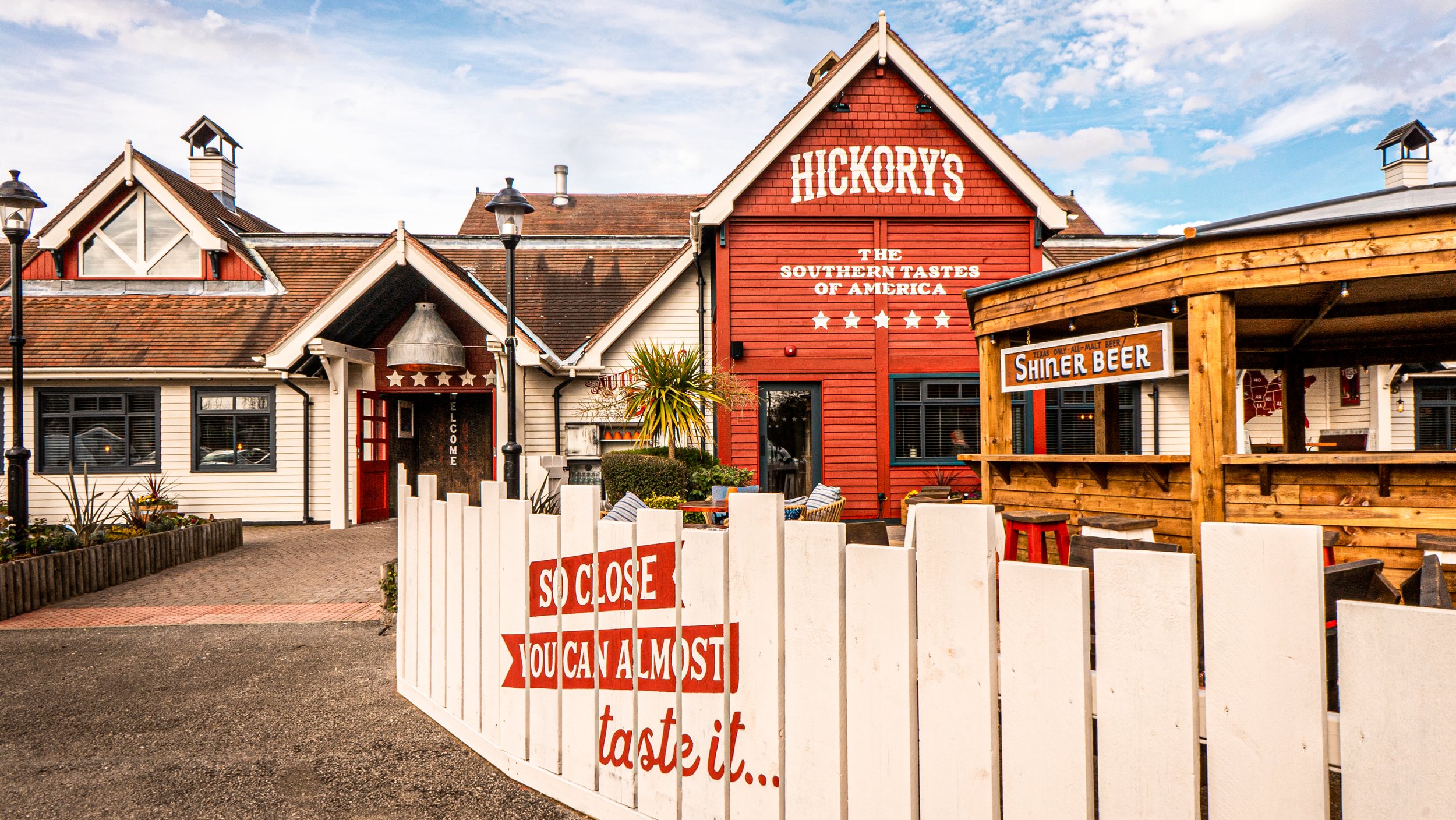Crafting Hospitality Spaces with Wellbeing & Inclusivity
In the dynamic realm of hospitality design, a profound shift is reshaping the landscape, one that places wellbeing and inclusivity at its core. Departing from traditional norms, this evolution offers designers a fresh canvas to create spaces that resonate with the values of the modern era. Drawing inspiration from pioneering initiatives such as those highlighted in The Caterer's article we find ourselves at the forefront of a transformative journey.
The Langham London's innovative approach to recruitment for its upcoming restaurant, Mimosa, sets a compelling precedent.
By deviating from conventional hiring practices and embracing an extended trial shift process, The Langham London prioritises authenticity and practical experience over traditional credentials. This progressive strategy not only ensures a diverse and talented team but also fosters a culture of inclusivity within the workplace.
It doesnt stop at a great hiring protocol. Mindful and inclusive operation of any hospitality business must be perpetual and consistent. Our Client Hickory’s Smokehouse haven’t been voted ‘Best Large Company to Work For in the UK’ for nothing!
Speaking about the award, MD John Welsh commented: ‘We are very honoured and proud to have been recognised as the No.1 Best Large Company to work for. This accolade is based on feedback from our incredible team, who really are at the heart of what we do here at Hickory’s Smokehouse. We will still make mistakes, but each day is a new day where we try to be better based on what our team tell us.’
Hickory's Smokehouse are a great example of how a company can empower their staff to better understand and cater to the diverse needs of their guests, while also promoting a respectful and inclusive workplace environment.
These groundbreaking approaches echoes a broader trend within the hospitality industry, where establishments are increasingly recognising the profound impact of design on wellbeing. From boutique hotels to international chains, there is a growing acknowledgment that the design of hospitality spaces can profoundly impact the physical, emotional, and social wellbeing of both guests and staff.
Incorporating elements of biophilic design, such as natural light, greenery, and organic materials, has become a prevalent practice in fostering a sense of wellbeing within hospitality venues. Take, for instance, the 1 Hotel Brooklyn Bridge in New York City, where the interior design seamlessly integrates natural elements to create an oasis of tranquility amidst the urban landscape. By blurring the boundaries between indoors and outdoors, the hotel provides guests with a rejuvenating retreat that nurtures both body and soul.
1 Hotel Brooklyn Bridge
Similarly, the Andaz Maui at Wailea Resort in Hawaii embodies the principles of inclusivity by embracing the local culture and community. From its welcoming lobby adorned with traditional Hawaiian art to its accessible pathways and facilities, the resort ensures that every guest feels valued and respected. By celebrating diversity and embracing the unique identity of its surroundings, the Andaz Maui creates an atmosphere of inclusivity that extends far beyond its physical spaces.
As designers, it is our responsibility to embrace this shift towards wellbeing and inclusivity and to translate these values into tangible design solutions. Whether we are creating serene retreats or vibrant gathering spaces, our designs should reflect a commitment to enhancing the overall quality of life for guests and staff alike. By prioritizing authenticity, accessibility, and sustainability, we can create hospitality environments that not only delight the senses but also nourish the soul.
In conclusion, the evolution of hospitality design towards wellbeing and inclusivity represents a transformative journey towards a more equitable and enriching future. By referencing initiatives such as Mimosa at The Langham, as highlighted in The Caterer's article, we can chart a course towards spaces that not only delight the senses but also nourish the soul.




